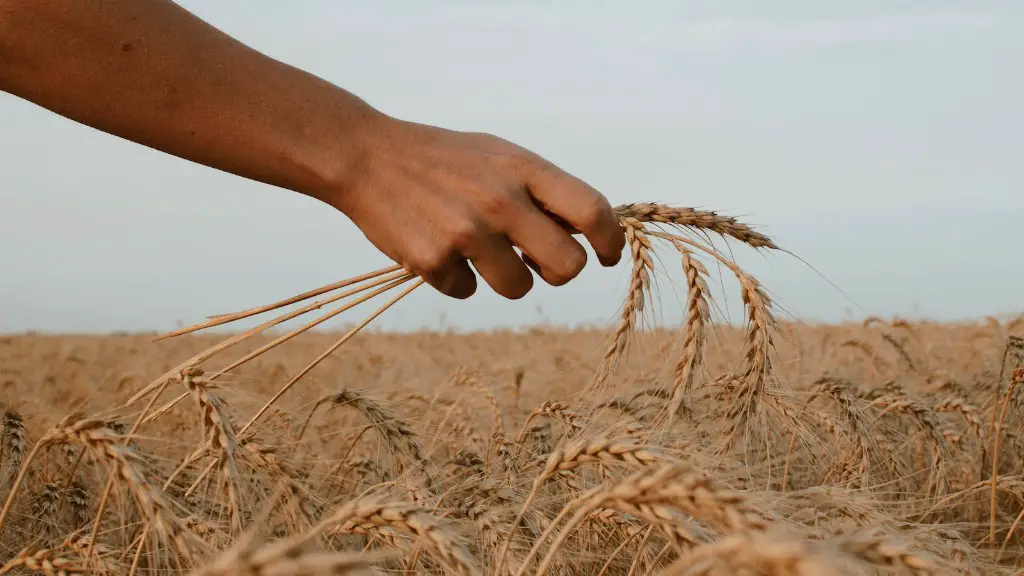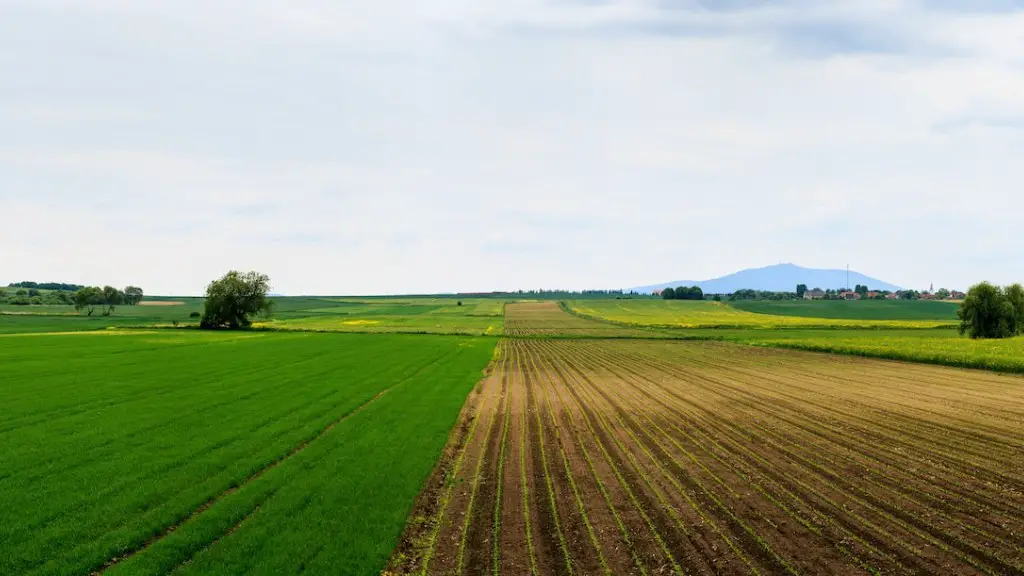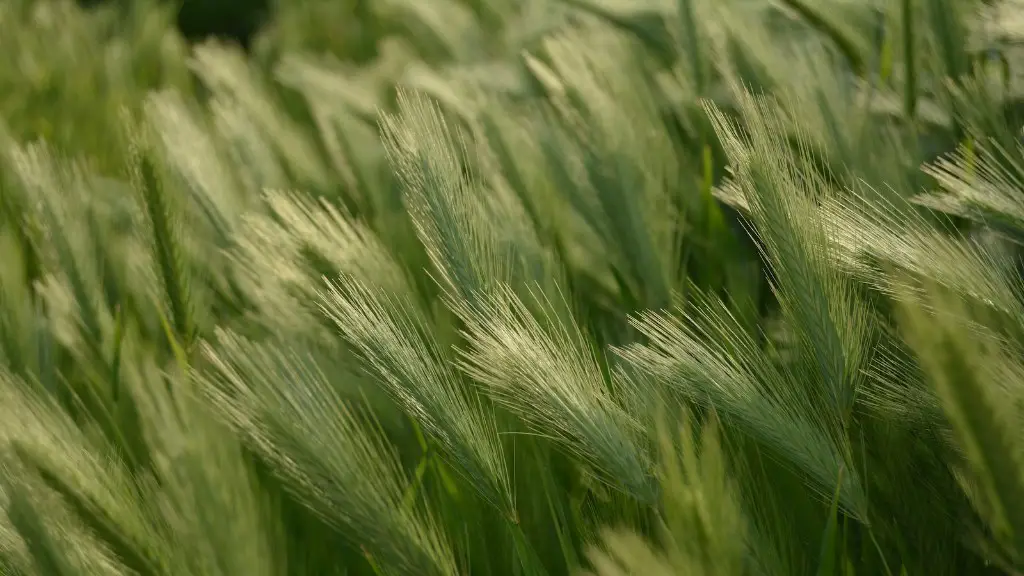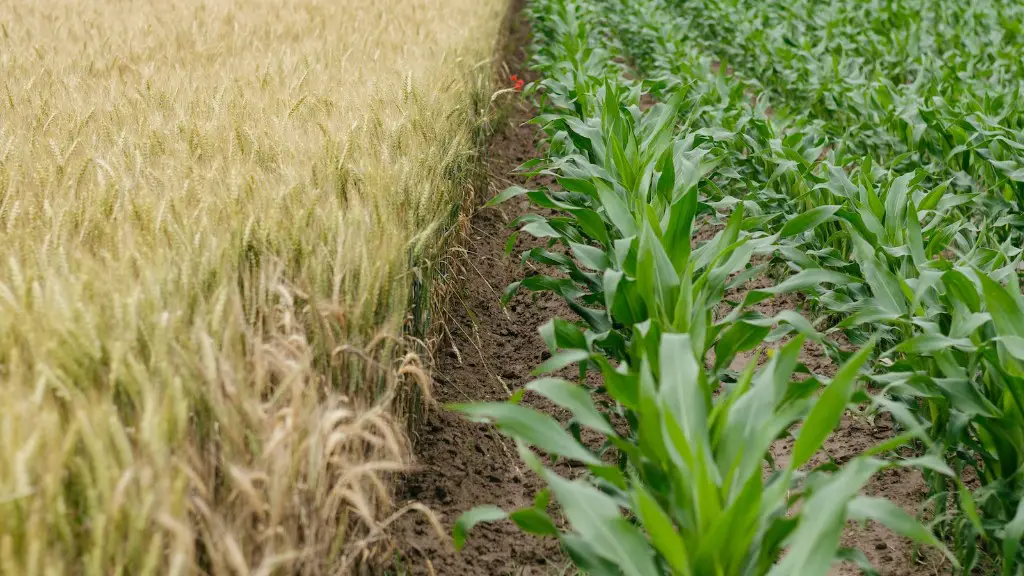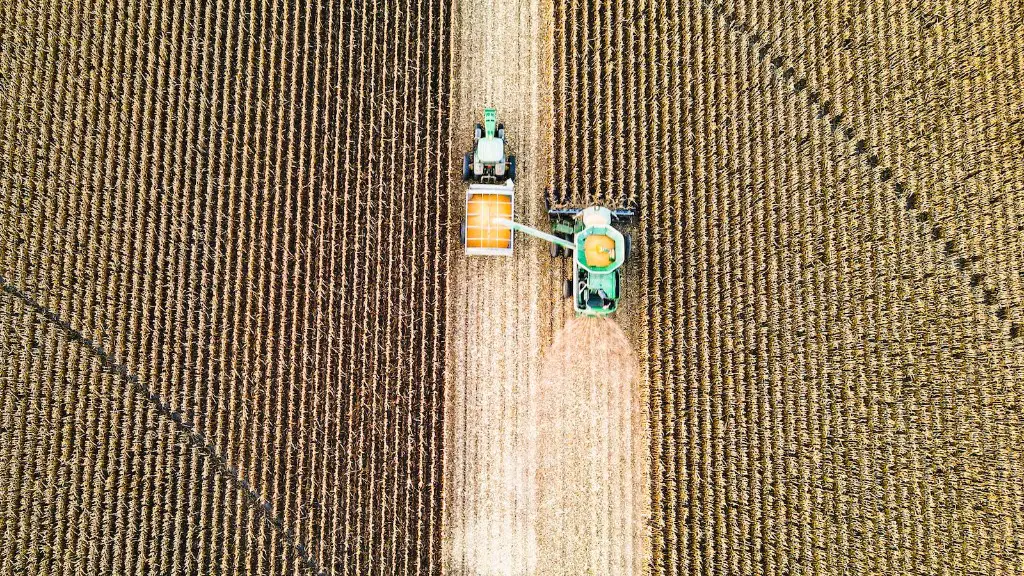Chemistry plays a huge role in agriculture, from the fertilizers and pesticides used to maintain crops to the food processing and packaging methods employed to bring products to market. The study of agricultural chemistry is thus vital for producing safe, abundant, and nutritious food supplies.
Chemistry is essential for agriculture. Farmers use chemistry to produce fertilizers, pesticides, and herbicides. They also use it to test the soil to determine which crops will grow best in a given area. Chemistry is also used to process and preserve food.
How does chemistry relate to agriculture?
Agricultural chemists play an important role in developing new chemicals to increase crop production and yield, defend against pests, and protect the environment. They also conduct research on animal nutrition and genetics, and study the diseases that affect animals. Animal scientists play a vital role in ensuring that animals are healthy and productive, and their work is essential to the food industry and the economy.
The role of chemistry in food and agriculture is essential and has played a significant role in advances in these industries. Chemistry has helped to develop food packaging materials that help to keep food fresh and safe, as well as improve the overall appearance of food products. Additionally, agricultural chemistry has helped to increase the diversity of the human diet by developing new and improved methods of growing and processing food.
Does agriculture need chemistry
Chemistry is a valuable tool for agricultural, environmental and food scientists because it helps them understand how plants and animals grow and how to best care for them. Chemistry can help identify the nutrients that plants and animals need and how to provide them. Chemistry can also help scientists understand how environmental factors can affect plant and animal growth.
The different types of chemicals used in agriculture are:
Herbicides: Used to kill weeds
Insecticides: Used to kill insects
Fungicides: Used to kill fungi
How chemistry has changed our life in agriculture and healthcare?
Chemistry has been effective in the development of pesticides that have reduced pesticide crop damage. Pesticides include fungicides, pediculicides, herbicides, biocides, and insecticides, depending on the pest. The application of these pesticides reduces the pests’ impact on crops by 10%.
Agrichemicals are essential for modern agriculture and play a vital role in protecting crops and livestock from pests and diseases. They are also used to improve crop yields and quality. However, agrichemicals can also pose risks to human health and the environment if they are not used properly. It is important to read the labels and follow the instructions carefully when using agrichemicals.
Is agriculture a branch of chemistry?
Agrochemistry is the applied branch of chemistry that deals with the production of food, agricultural production, and environmental remediation. It is a relatively new field that has emerged as a result of the need for more efficient and sustainable agricultural practices. Agrochemistry involves the study of the chemical composition of soil, water, air, and plants, as well as the interaction of these elements with each other and with other organisms.
Organic chemists and farmers work together to develop pesticides that will protect plants from these harmful pests, while also keeping the humans who eventually consume these plants safe. By working together, these two groups can ensure that the food we eat is both safe and healthy.
What are the examples of agricultural chemistry
Agrichemicals are an important part of modern agriculture. They help farmers to produce crops more efficiently and effectively, and to protect them from pests and diseases.
However, agrichemicals can also pose risks to human health and the environment. It is important to use them carefully and according to directions, and to store and dispose of them properly.
Agrochemistry is the branch of chemistry that deals with the application of chemistry for agricultural production, food processing, and environmental remediation as a result of agriculture. It is a relatively new field that is constantly evolving as new technologies and methods are developed. Agrochemistry encompasses many different aspects of chemistry, including organic chemistry, soil science, plant science, and animal science.
Plants require several different chemical elements in order to thrive. Oxygen, carbon and hydrogen are found in water and air; secondary nutrients that plants need include magnesium, calcium and sulfur. Beyond that, plants also need such micronutrients as zinc, molybdenum, copper, manganese, cobalt, iron and boron. All of these elements are essential for plant growth, and lack of any one of them can limit plant growth and development.
Organic chemists and farmers are working together to develop pesticides that will protect plants from pests yet keep the humans who eventually eat these plants safe. By collaboration, they are able to develop products that will be effective in pest control while not harming the people who consume the food.
Why is chemistry important in studying plants
Chemical ecology is the study of how chemicals affect interactions between organisms. In the context of plant-insect interactions, chemical ecology investigates how chemicals produced by plants influence the behavior and physiology of insects. By understanding the role of chemicals in plant-insect interactions, we can develop more effective ways to manage insect pests.
Why is plant chemistry important?
Plant chemistry is important for a number of reasons. To function and survive, plants produce a wide array of chemical compounds not found in other organisms. These chemicals allow plants to perform vital functions such as photosynthesis, providing the food and oxygen necessary for life on Earth. In addition, plants produce a wide variety of secondary metabolites that have important roles in plant defense and communication. These chemical compounds also have significant implications for human health, as many of them are used in traditional medicine and as additives in food and cosmetics.
What chemistry deals with the study of plants?
Phytochemicals are bioactive compounds that occur naturally in plants. These compounds have various roles in plants, including protecting the plant from predators, helping the plant to grow, and providing the plant with color. Some phytochemicals are also responsible for the taste and smell of plants. Because of their bioactive properties, phytochemicals have potential health benefits for humans. For example, some phytochemicals may help to protect against disease, and others may promote human health in other ways.
Agribusiness is the largest user of land resources, accounting for approximately 80% of the total land under cultivation globally. In addition to being a critical part of the food security equation, it is also a major source of employment and income for rural communities.
The sustainable management of agribusiness land resources is therefore of paramount importance, not only for the future of food production, but also for the conservation of the natural resource base upon which the sector depends.
What is the impact of soil chemistry
Just as the chemicals we use on our lawns and gardens can be absorbed into the soil, so too can the chemicals that are found in fertilizers. By analyzing the soil chemistry, we can determine if the levels of nutrients are high enough to support the ecosystem or if they are at a toxic level. This can also help us to identify if the soil has been contaminated with a toxic chemical or heavy metal.
Nitrogen, phosphorus and potassium are the most important elements because they are: building blocks for cells in the plants needed in the greatest quantities. These elements are essential for plant growth and development and play a vital role in the overall health of the plant.
Final Words
The role of chemistry in agriculture is vast. It is used to develop new ways to increase crop yields, create more efficient fertilizers and pesticides, and develop new food processing and preservation methods. Chemistry also helps farmers to understand the soil and how it can be improved to better support crops.
Chemistry is essential for agriculture. It helps farmers to manage the soil, understand plant nutrition, and develop crop protection strategies. Farmers use chemistry to produce fertilizers, pesticides, and herbicides. Chemistry is also used to develop new plant varieties and to genetically modify crops. Without chemistry, agriculture would not be able to meet the demands of the world’s population.
